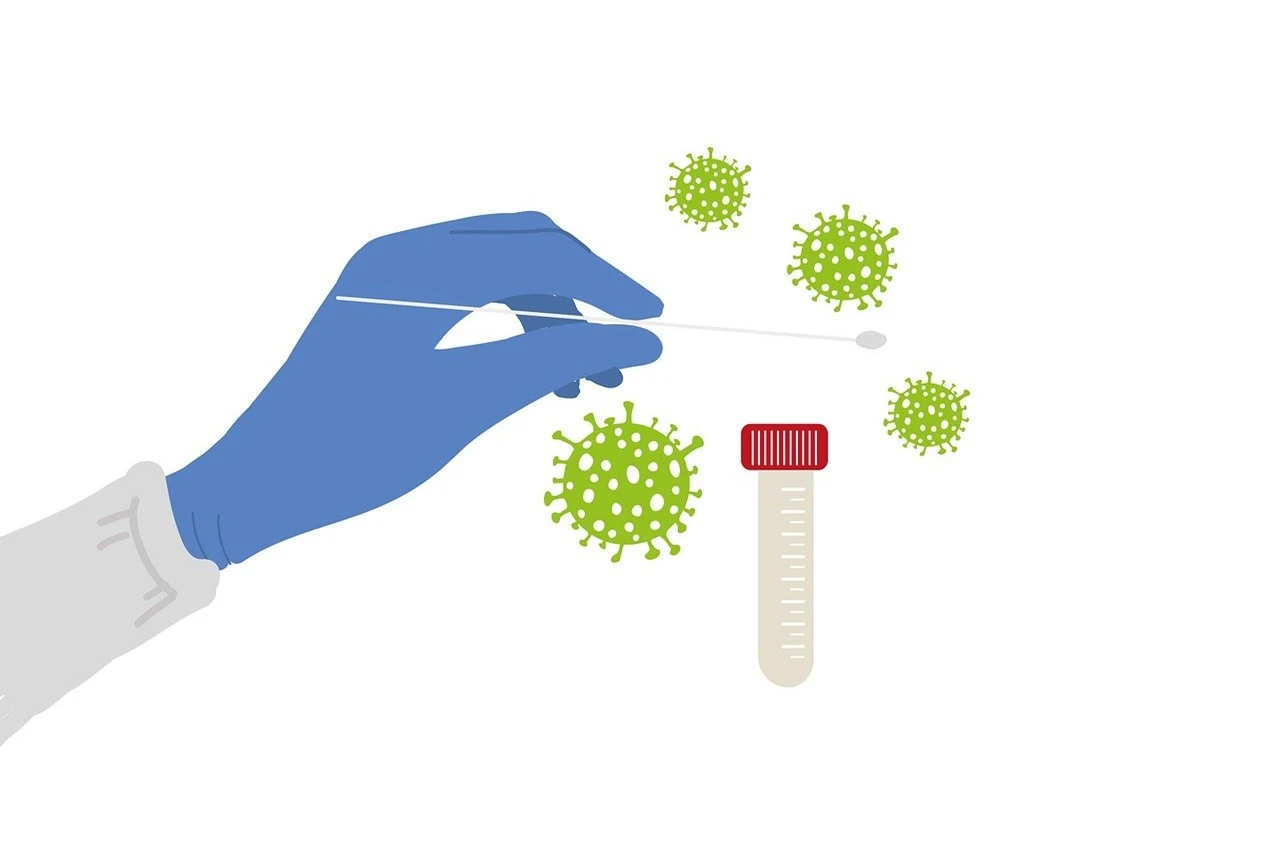Owlstone Medical, the global leader in Breath Biopsy® technology for early disease detection and precision medicine, announced it has been awarded up to $49.1 million from the Advanced Research Projects Agency for Health (ARPA-H) to advance the Platform Optimizing SynBio for Early Intervention and Detection in Oncology (POSEIDON) program.
This initiative will develop the first synthetic sensor–based, multi-cancer early detection (MCED) tests capable of detecting more than 30 solid tumors at Stage I using only breath and urine samples. Designed for home use and over-the-counter availability, these tests have the potential to revolutionize cancer screening by making early detection accessible, affordable, and scalable to millions.
The Need for Early Cancer Detection
Cancer remains one of the most significant health burdens worldwide. In the United States alone, nearly 40% of Americans are expected to develop cancer in their lifetimes, and the disease is the second leading cause of death. The American Cancer Society projects over 2 million new cancer diagnoses and more than 618,000 deaths in 2025—equivalent to almost 1,700 deaths every day.
The economic burden of cancer is equally staggering. In 2019, the patient-related cost of cancer care exceeded $21 billion in the U.S., with treatment expenses comprising the majority of that figure. Crucially, the costs—and mortality rates—are dramatically higher when cancer is diagnosed at late stages.
Detecting cancer early, particularly at Stage I, can transform outcomes: it increases survival rates, enhances the effectiveness of treatment, and significantly reduces healthcare costs. ARPA-H estimates that early detection could restore up to $2.3 trillion to the U.S. economy by reducing late-stage diagnoses.
However, current screening technologies—such as imaging, colonoscopy, or mammography—are limited in scope and accessibility. Liquid biopsies, while promising for later-stage detection and treatment monitoring, still struggle to achieve high accuracy in identifying small, early-stage tumors. Millions of Americans remain underscreened, especially in rural and underserved areas, due to logistical barriers and the complexity of existing diagnostic methods.
A New Frontier: Breath and Urine–Based Cancer Detection
The POSEIDON program seeks to address these shortcomings through a groundbreaking synthetic biology approach. Owlstone Medical, in partnership with the Massachusetts Institute of Technology (MIT), Boston University, Georgia Tech Research Corporation, Qurin B.V., and Planned Systems International Inc., is developing an at-home testing system that combines biology, chemistry, and digital health integration.
The system will utilize a single-use inhaler containing a mix of pan-cancer and tumor-specific synthetic sensors. Once inhaled, these biosensors circulate through the bloodstream and selectively accumulate on the surface of cancer cells. The sensors then release unique molecular reporters that act as measurable biomarkers.
Two types of reporters are generated:
- DNA-based reporters, which serve as identifiable barcodes detectable in urine samples.
- Volatile organic compounds (VOCs), which can be detected through breath analysis.
Together, these reporters will enable the detection of up to 36 types of solid tumors, including cancers of the lung, pancreas, breast, colon, prostate, and liver—many of which currently lack effective early screening methods.
Patients will be able to collect breath and urine samples at home using portable collection devices. Results can then be transmitted in real time to electronic health records (EHR) for clinical review, integrating seamlessly into telehealth platforms and physician workflows.
A Leap Beyond Conventional Diagnostics
This approach offers several distinct advantages over current cancer screening technologies:
- Enhanced Sensitivity and Specificity: The synthetic sensors boost signal strength, allowing for the reliable detection of even early-stage cancers.
- Non-Invasive, At-Home Testing: Breath and urine samples are easy to collect, eliminating the need for clinic visits or invasive procedures.
- Rapid Digital Integration: Real-time EHR updates enable faster physician review and potential immediate follow-up.
- Low-Cost Manufacturing: The test design supports scalable production, making it economically feasible for mass adoption as a new standard of care.
Collectively, these features could democratize access to early cancer screening, empowering individuals to monitor their health proactively while reducing strain on healthcare systems.
A Vision for Equitable Cancer Care
“The field of cancer screening needs a revolution, and POSEIDON stands ready to deliver,” said Ross Uhrich, DMD, MBA, Program Manager for POSEIDON at ARPA-H. “This initiative enables a future where anyone can accurately detect 30+ cancers as early as Stage I, when treatment is most effective. By bringing together leaders in synthetic biology, oncology, medical devices, and big data, POSEIDON will redefine how, when, and where people are screened for cancer.”
Uhrich emphasized that the POSEIDON program is not just about technological innovation but about access and equity. “Every American should have the opportunity to test themselves long before symptoms appear—on their own terms and in their own homes,” he added.
Owlstone Medical’s Breakthrough Breath Biopsy® Platform
Owlstone Medical has long been recognized for pioneering Breath Biopsy®, a platform technology that identifies volatile biomarkers in exhaled breath for early disease detection. The company’s EVOC® (Exogenous Volatile Organic Compound) probes are at the heart of the POSEIDON project, acting as reporter molecules that make invisible disease processes measurable in breath.
This ARPA-H award represents a significant validation of Owlstone’s work and its potential to revolutionize early diagnostics.
“Access to an accurate and low-cost MCED test that doesn’t require a doctor’s visit or laboratory testing is essential to prevent late-stage diagnoses,” said Billy Boyle, Co-Founder and CEO of Owlstone Medical. “This award validates both breath as a diagnostic approach and our EVOC® probes as a breakthrough reporter technology. We are deeply grateful to ARPA-H for supporting our mission to make transformative early cancer detection accessible to everyone within the next decade.”
Boyle emphasized that the company’s vision goes beyond technology—it’s about reshaping the healthcare experience. Owlstone’s platform could enable population-wide screening, particularly in communities that lack infrastructure for traditional diagnostics, helping reduce health disparities.
A Future of Preventive, Personalized Healthcare
The POSEIDON initiative positions Owlstone Medical and its partners at the forefront of next-generation diagnostics. By integrating synthetic biology, nanotechnology, and digital health, the consortium aims to develop a scalable, consumer-friendly cancer detection system with unprecedented reach.
If successful, the project could lead to the first-ever FDA-cleared at-home MCED test, capable of detecting dozens of cancers before symptoms arise—transforming early detection into a routine part of personal healthcare.
For millions of people, such a system could mean the difference between life and death. For the medical community, it could mark the beginning of a new era in precision prevention, where early diagnosis becomes as simple as taking a breath.
As Owlstone Medical and its collaborators embark on the POSEIDON program, their shared mission is clear: to reimagine cancer detection so that early diagnosis is no longer a matter of chance—but a universal right.



